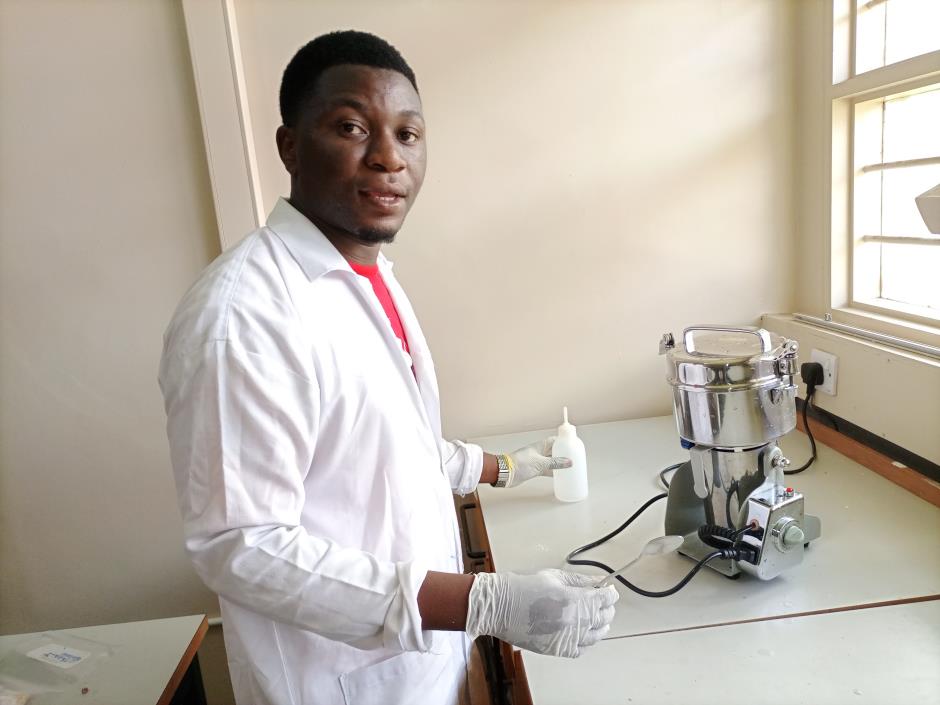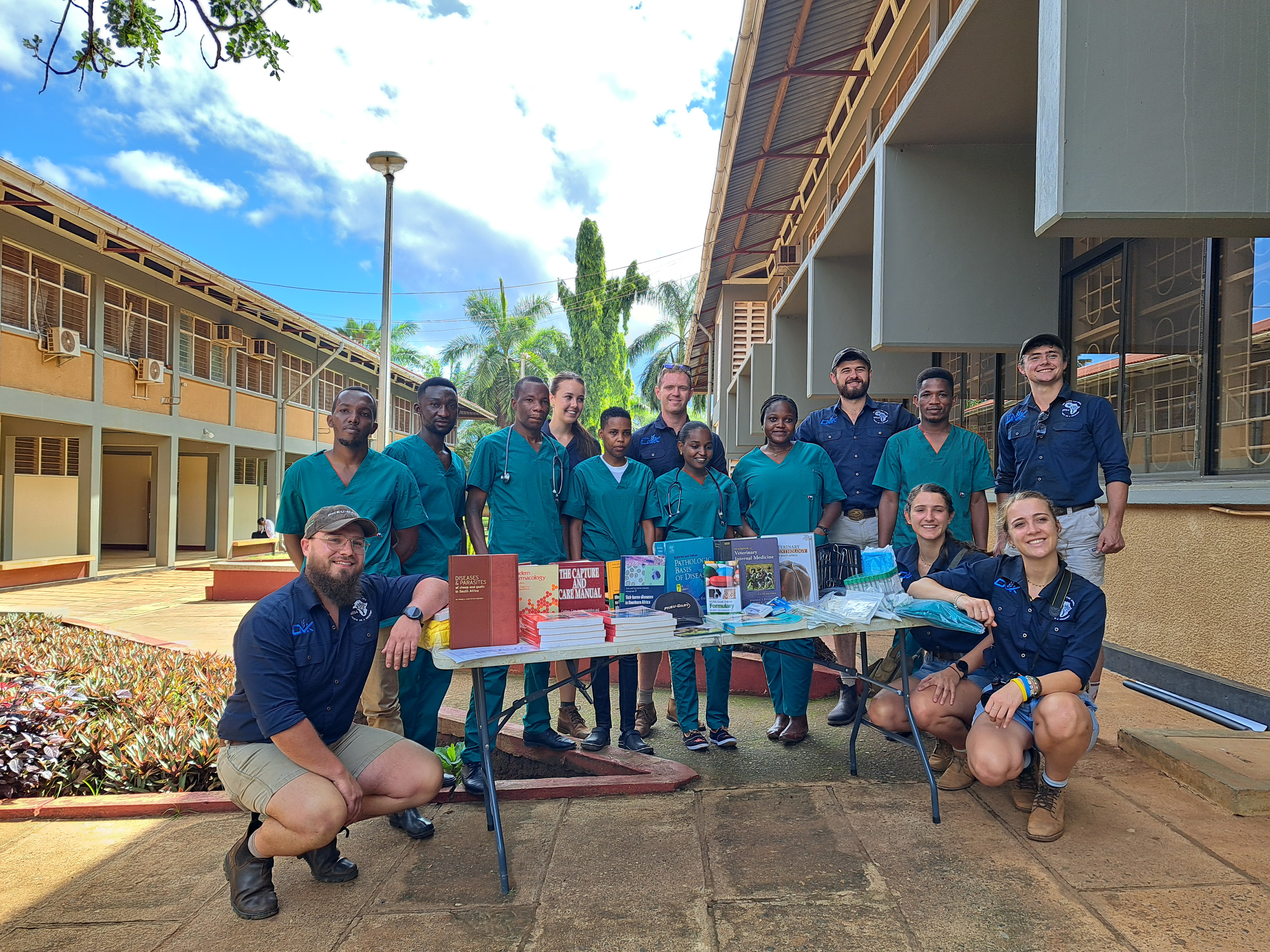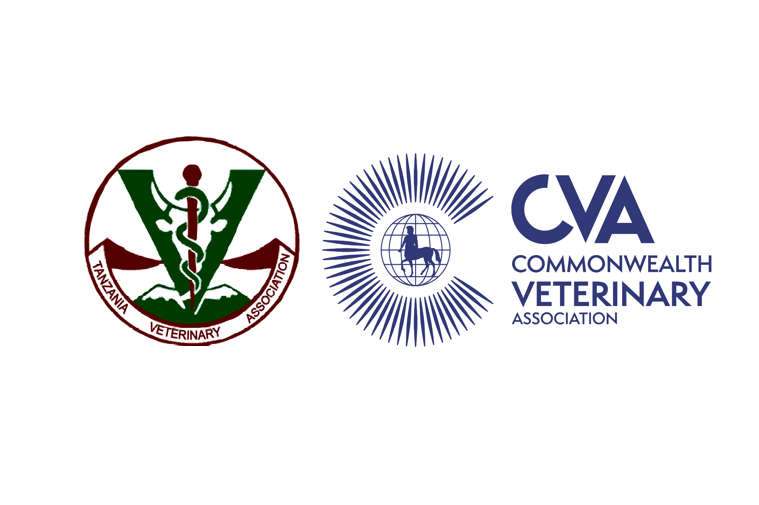
Mr Mabruki Fadhili, postraduate student working with maize to check occurrence of aflatoxin producing fungi
Aflatoxins are the most toxic mycotoxins (toxins produced by fungi) which cause cancer, stunted growth and immunosuppression among other health effects. The toxins occur widely in food and feeds in tropical regions especially in developing countries. Cereals, especially maize are the most affected.
In Tanzania, like many other African countries, maize is the number one staple food. Sokoine University of Agriculture has joined efforts of the Tanzania government in fighting occurrence of aflatoxins in foods by conducting research and advising measures to take.
Recently, researchers at the College of Veterinary Medicine and Biomedical Sciences have launched a research to investigate storage of maize in Morogoro and Njombe regions, and how the practices affect growth of aflatoxin producing fungi.
The research, led by Dr Benigni Temba and Dr Isaac Makundi, is conducted by a postgraduate student, Mr Fadhili Mabruki. The study aims at providing information on how maize storage may be an important factor in reducing occurrence of aflatoxin in maize and its exposure to humans and animals.




